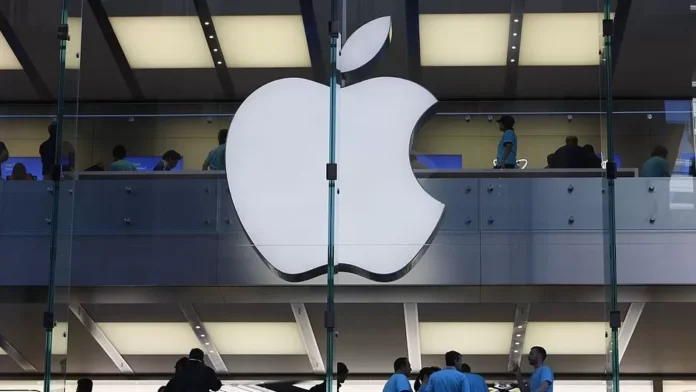Apple Takes a Stand Against Controversial UK Surveillance Bill Proposals
In recent times, user privacy and data security have become increasingly significant concerns. Technology companies are continuously striving to strike a balance between innovation and safeguarding user information. One such company that has been at the forefront of this battle is Apple. In response to the proposed amendments to the Investigatory Powers Act (IPA) 2016 in the UK, Apple has taken a firm stance to protect its users’ data and privacy.
Understanding the Investigatory Powers Act (IPA) 2016
The Investigatory Powers Act, also known as the “snooper’s charter,” was introduced in 2016 with the aim of granting extensive surveillance powers to government agencies. It allowed the Home Office to demand technology companies to disable security features in their messaging services without notifying the public. However, this could only happen after a review, with a potential for independent oversight and the opportunity for the technology company to appeal.
Proposed Amendments to the IPA 2016
The UK government has sought to update the IPA 2016, and one of the main areas of focus is on messaging services. The government wants these services to seek approval from the Home Office before releasing any security features to their customers. The proposed update further demands that immediate action be taken in response to the Home Office’s request to disable or block a security feature, eliminating the option for a review or appeal.
Apple’s Firm Stance
Apple, a prominent technology giant, has consistently opposed the IPA 2016 and its proposed amendments. In a nine-page submission to the current consultation, Apple lays out its arguments against various aspects of the act.
Protecting User Data and Global Impact
One of Apple’s key concerns is that it would not compromise on the security features of its products for the sake of one country. The company believes that any changes made to strengthen security in the UK should not weaken the product for users globally. This philosophy aligns with Apple’s dedication to user privacy and data protection worldwide.
Transparency and User Notification
Apple’s submission to the consultation highlights the burden of having to inform the Home Office about any alterations to product security features before releasing them. The company argues that this requirement could hinder the element of surprise in software updates, which are essential for maintaining data security.
Balancing National Security and Privacy
The demand for non-UK-based companies to comply with changes that affect their products globally, such as creating backdoors to end-to-end encryption, poses a significant challenge. Apple believes that striking a balance between national security concerns and individual privacy is of utmost importance. Introducing backdoors in encryption could potentially expose user data to unauthorized access, thereby putting user privacy at risk.
Immediate Action vs. Review and Appeal
Another major contention raised by Apple is the requirement to take immediate action when asked by the Home Office to disable or block a security feature. The company argues that waiting until after a review or appeal allows for more thoughtful consideration of the implications and potential consequences.
Industry Perspectives and Public Concerns
Apple is not alone in its opposition to the IPA 2016 and the proposed amendments. Messaging services like WhatsApp and Signal have also voiced their concerns. They worry that the inclusion of a clause in the Online Safety Bill, which mandates companies to scan for child-abuse material in encrypted messaging apps, could compromise user privacy and data security.
The UK government has initiated an eight-week consultation period to gather opinions on the proposed amendments. Cybersecurity experts and technology companies, including Apple, are likely to be involved in a rigorous debate on the matter.
Potential Implications and the Way Forward
If the proposed amendments to the Investigatory Powers Act are implemented, they could have far-reaching consequences for technology companies, their users, and global data privacy standards. Companies may face challenges in providing seamless services while adhering to the demands of multiple jurisdictions.
It remains to be seen how the UK government will respond to the feedback received during the consultation period. Striking a balance between national security needs and user privacy will undoubtedly be a complex and contentious task.
Conclusion
Apple’s strong stand against the Investigatory Powers Act (IPA) 2016 and the proposed amendments is rooted in its commitment to protect user privacy and data security. The company firmly believes that compromising on security features, creating backdoors, and immediate actions without proper review or appeal could pose significant risks to user data both in the UK and globally.
As the debate continues, it is essential for stakeholders, including the UK government, technology companies, and privacy advocates, to engage in meaningful dialogue to find a balanced solution that respects both national security needs and user privacy.







